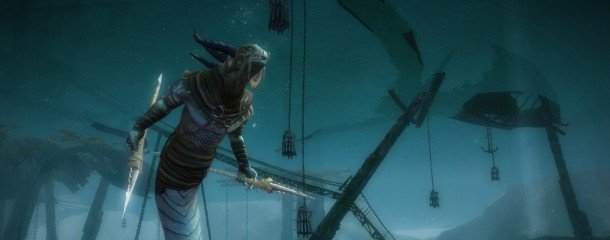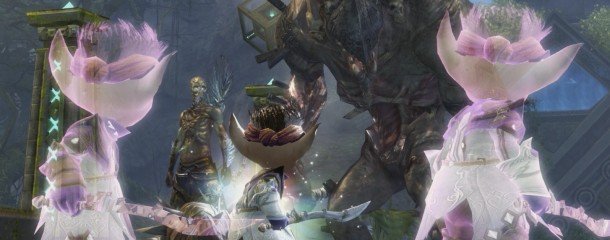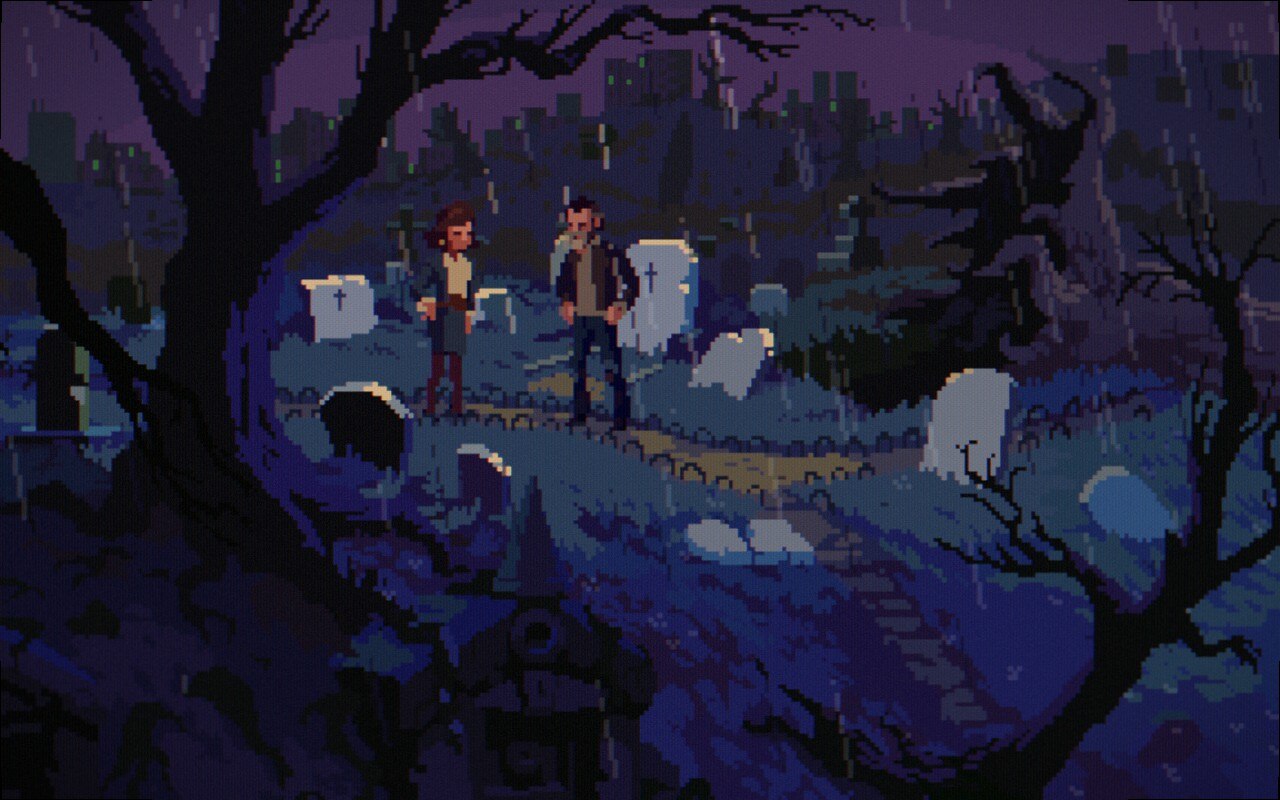Guild Wars 2 systems designer talks skill design, depth and balancing

ArenaNet have been vocal about the way they're trying to redesign the MMO. Guild Wars 2's design manifesto is a confident statement of intent that has faced intense scrutiny of the course of the game's beta programme - and rightly so. MMOs have been the site of some of gaming's promises, and biggest disappointments. The manifesto promises a combat system that will do away with the "rote and repetitive" nature of most MMOs, replacing it with something "immediate, active, and visceral" that provides players with "limitless choices."
The way ArenaNet have chosen to go about achieving this, however, is couched within the existing structures of the MMO. Guild Wars 2 has action bars, cooldowns, and status effects. Its innovations - mechanics like the dodge move, and the more-or-less absence of a mana pool - occur among familiar ideas. It's also a relatively straightforward game to get to grips with, at least at first, and as such it can be a while before its purported depth becomes apparent.
I spoke to systems designer Jonathan Sharp about how ArenaNet have built the skill system, where the depth comes from, and the options available to help serious players speed up their progress.

What's the appeal of giving the player so much freedom to slot skills in and out, as opposed to having a linear levelling tree or a talent system?
So there's two different things, right. We saw that in Guild Wars 1 people could basically go anywhere they wanted to with all the different skills. You had two different classes, you had a primary profession and a secondary. What we found was that for a lot of people that was just too much. It was a lot of overwhelming stuff. Some people absolutely loved it, though, so what we tried to do for Guild Wars 2 is we said "okay, with your utilities, with your heal, with your elite you can decide those things. But for your main skills, your first five, what if it's just tied to your weapon?" Which makes it much much easier for a new player - they have a sword thats the same as somebody else's sword. Once they get that sword down, they figure out how they want to use it, they can take the rest of their bar and customise their build along with their traits to figure out how they want to play a certain class. So we try to give the best of both worlds there.
There's a substantial difference in the way that people gain skills, from weapon skills to utilities and everything else. Do you have a deliberate pace in mind for the rate at which things become more complicated?
Yep, we have a lot of different skill charts and Excel sheets about the different reward tables that we have. Every time you jump into the game we want you to be doing something fun. We want you to be looking forward to new skill acquisition. Maybe it's a new trait you've just got, maybe it's a different item. We want you to always have something that you're looking forward to.
Keep up to date with the most important stories and the best deals, as picked by the PC Gamer team.
There's not necessarily a logical connection between what a weapon is and what it does in the game. Are you concerned with making that stuff logical, or is it more about variety?
It's really a balance. If I have a staff and I'm a Guardian, what do I expect to do? I've got this huge wave attack. It fits logically, but it's not like I would look at that and go “oh I should obviously do that”. Whereas a greatsword on a Warrior is much easier because he doesn't do anything that's really magical. It's when you start doing the magical stuff with weapons that you can just say “this will do whatever I want it to do”. Hammer's a great example for a Warrior, he just jumps around and beats everybody up. That same hammer on the Guardian, because he's more magical, he's putting down wards and symbols. Which is not really logical but at that point it becomes a videogame. You're making a videogame about what this magical guy can do.

Playing an Elementalist recently I did pick up the differences between my staff and my scepter, but at the same time there was a lot of trial and error. Like, “water heals people, okay, cool.” Is it something you're happy for people to discover themselves? Or are you working on ways to teach those mechanics more clearly?
That's part of why you asked your question earlier, right? About skill progression and unlocking the skills. That's exactly why we decided to do that system. If you have daggers for the Elementalist, you have the different attunements: fire is offence, air is control, water is healing and regeneration, removing conditions, earth is a lot of times defensive. That's consistent across all of the weapons, but when what you have with the Elementalist is the range component. so dagger is your melee, scepter is your mid range and then your big AoE is the staff. Then, because you're learning each of those individually and you're learning the skills one by one, we're saying “okay, learn this. Now learn this. Now learn this .” We don't want to give you option shock. We want to explain it to you slowly.
So do you want to give people the freedom to speed up and slow down based on how comfortable they are? Skill challenges seem like a way for people to speed up if they want to speed up.
Yes. What we've done is we've made systems that let you - maybe it's your second character and you're an expert - you can just... whoosh!. There's a lot of stuff that you can do to quickly start building your character if you know exactly what skills you want to get. You also know exactly what traits you're going to be building towards. Or if you're an expert player that just jumped into PvP maybe you know exactly how to build your character because you've just found a template online. Maybe you've decided that that's how you're going to jump the curve. The systems to allow for that to happen. But at its base we don't want to overwhelm the new players. So we've tried to make a system that's easy to get into but expert players can take and they can turn into this other beast.
Next: bringing guides in-game, building archetype default PvP builds, and creating a skill system that is balanced for both PvE and PvP.
Joining in 2011, Chris made his start with PC Gamer turning beautiful trees into magazines, first as a writer and later as deputy editor. Once PCG's reluctant MMO champion , his discovery of Dota 2 in 2012 led him to much darker, stranger places. In 2015, Chris became the editor of PC Gamer Pro, overseeing our online coverage of competitive gaming and esports. He left in 2017, and can be now found making games and recording the Crate & Crowbar podcast.


